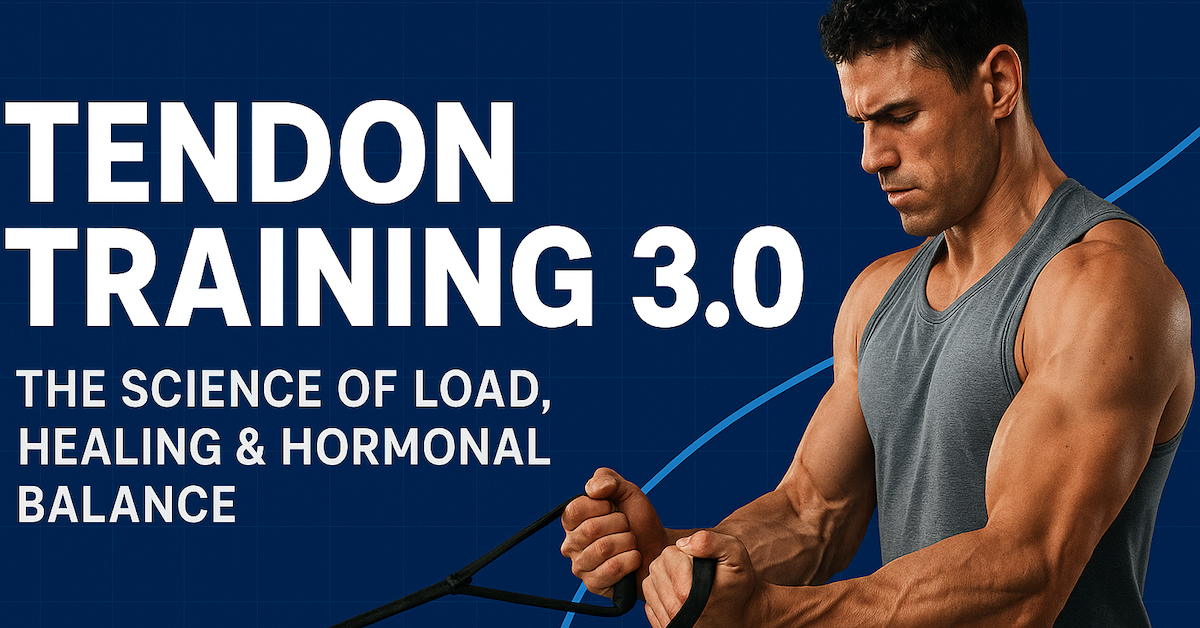The Functional Movement Screen (FMS) is popular with many personal trainers—but not so much with researchers. A recent systematic review suggests the FMS isn’t a great tool for predicting injury:
Do Functional Movement Screen (FMS) Composite Scores Predict Subsequent Injury?
A Systematic Review with Meta-Analysis
Authors: RW Moran, AG Schneiders, J Mason, SJ Sullivan
Aim: To systematically review studies investigating the association between FMS composite scores and subsequent injury risk, considering methodological quality and clinical diversity.
Design: Systematic review with meta-analysis.
Data Sources: A comprehensive search across PubMed, Medline, Google Scholar, Scopus, Academic Search Complete, AMED, CINAHL, Health Source, and SPORTDiscus from inception through March 3, 2016.
Inclusion Criteria:
- English-language studies
- Observational prospective cohort designs
- Original, peer-reviewed data
- FMS composite score used to define exposure/non-exposure groups
- Musculoskeletal injury as the outcome
Exclusion Criteria:
- Conference abstracts or non-peer-reviewed literature
- Cross-sectional or retrospective study designs
Results:
- 24 studies were assessed using the Quality of Cohort Studies tool.
- Military personnel: Strong evidence of only a small association between low FMS scores (≤14/21) and injury (pooled risk ratio = 1.47).
- Football (soccer): Moderate evidence against using FMS as a prediction tool.
- Other populations (e.g., American football, basketball, runners, police, firefighters): Evidence was limited or conflicting.
Conclusion:
The strength of association between FMS composite scores and injury risk does not support its use as an injury prediction tool.
Train, Don’t Diagnose
I’ve said it before, and I’ll say it again: Don’t try to assess dysfunction with your clients—train them!
Choose appropriate exercises based on their goals and start them at the right level. Assess them during training—observe their performance and refine your prescription to meet their individual needs. That may mean adjusting grip, stance, range of motion, loading parameters, or swapping out the exercise altogether. That’s the art of coaching.
Bottom Line: Be a personal trainer, not a (mis)fortune teller!

Tendon Training 3.0: The Science of Load, Healing, and Hormonal Balance
If you’ve followed our tendon training series so far, you know that Dr. Keith Baar’s research has reshaped how we

Tendon Training 2.0: Advanced Insights on Healing, Hormones, and Longevity
If you haven’t read Part 1 — The 10-Minute Tendon Protocol: How to Build Stronger, Injury-Proof Tissue — start there

The 10-Minute Tendon Protocol: How to Build Stronger, Injury-Proof Tissue
Most athletes train muscles. The smart ones train tendons. The problem? Tendons don’t give you warning signs. There’s no such
follow
Error: No feed with the ID 2 found.
Please go to the Instagram Feed settings page to create a feed.
